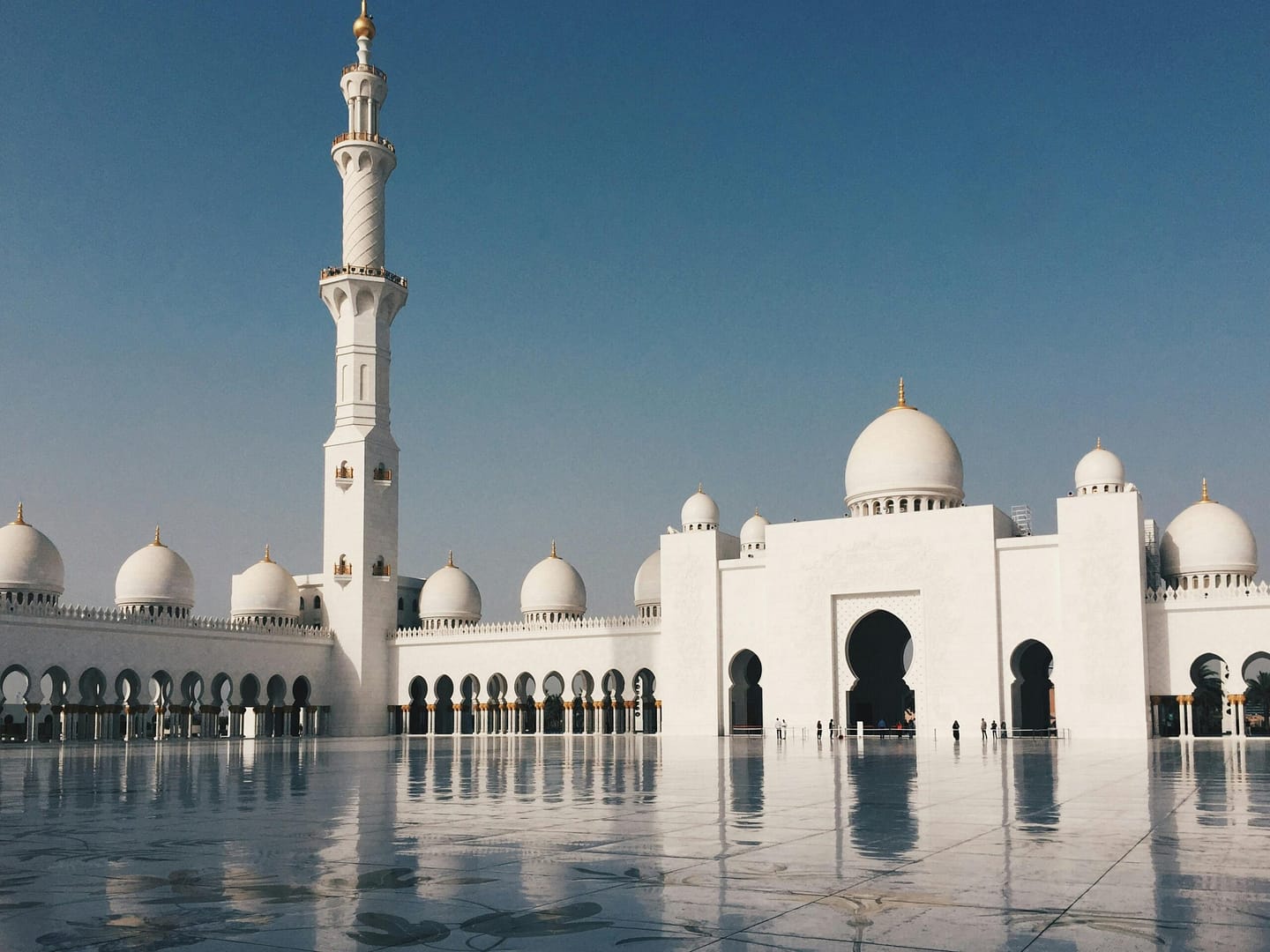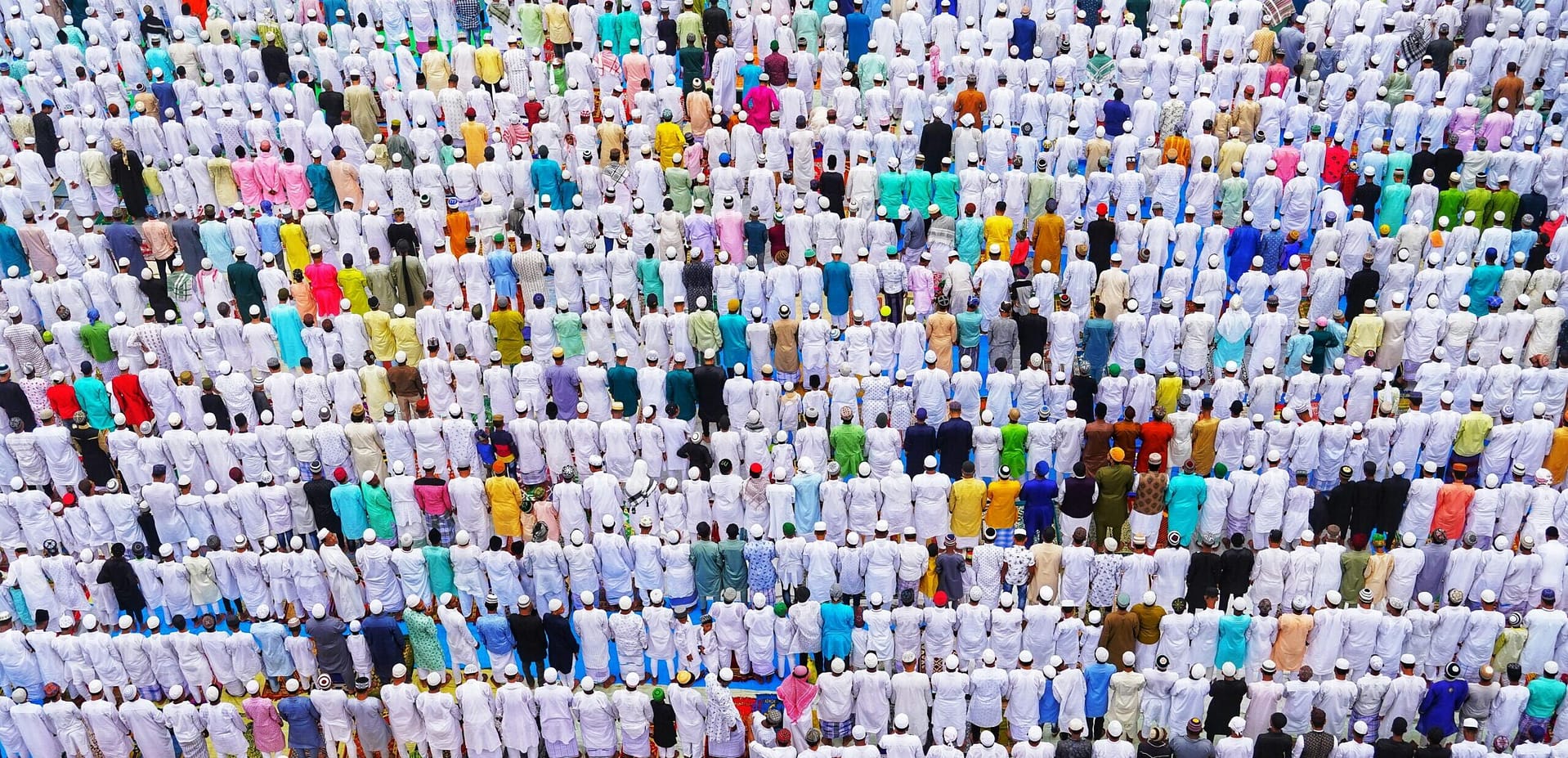Eid al-Fitr, the festival that marks the end of Ramadan, is a time of celebration and gratitude. As the holy month of fasting concludes, Muslims around the world come together to celebrate the joy of completing their fast and to share in the blessings bestowed by Allah. This day is filled with various Sunnahs (traditions) that serve as a reminder of the rich Islamic heritage, fostering unity, love, and reverence for the teachings of the Prophet Muhammad (PBUH).
The Significance of Eid al-Fitr
Eid al-Fitr holds great importance in the Islamic calendar. It is a day to mark the end of Ramadan, a month of fasting, prayer, and self-discipline. The day is a celebration of achieving the goal of fasting and an opportunity to strengthen ties with family, friends, and the community.
Sunnahs of Eid al-Fitr
Muslims are encouraged to follow the Sunnah of the Prophet Muhammad (PBUH) to ensure they celebrate Eid in the most blessed way. Here are some key Sunnahs of Eid al-Fitr:
1. The Takbir
From the sunset of the last day of Ramadan until the Imam arrives to lead the prayer, Muslims should recite the Takbir. The Takbir is a declaration of Allah’s greatness, and it can be recited in the following forms:
- “Allahu Akbar, Allahu Akbar, La ilaha illallah, Allahu Akbar, Allahu Akbar, wa lillahil hamd.”
- Alternatively, “Allahu Akbar, Allahu Akbar, Allahu Akbar, La ilaha illallah, Allahu Akbar, Allahu Akbar, wa lillahil hamd.”
Men are encouraged to recite the Takbir aloud in markets, homes, and mosques, while women should not raise their voices in public.
2. Eating Dates Before Leaving for Prayer
Following the Sunnah of the Prophet Muhammad (PBUH), it is recommended to eat an odd number of dates (preferably three or five) before leaving for the Eid prayer. The Prophet (PBUH) used to eat dates on Eid morning, symbolizing a small yet significant act of gratitude to Allah.
3. Wearing the Best Clothes
On Eid, it is recommended for men to wear their finest clothes. For women, however, they should dress modestly when leaving for the prayer, avoiding extravagant attire or heavy makeup. The Prophet (PBUH) encouraged simplicity and humility even on this festive occasion.
4. Performing Ghusl (Ablution)
Some scholars recommend performing ghusl (ritual washing) before heading to the prayer, in the same way it is recommended on Fridays. While not mandatory, it is a good practice to purify oneself before the Eid prayer, embodying cleanliness and sanctity.
5. Eid Prayer
The Eid prayer is a central act of worship on this day. It is considered obligatory for men (except those with a valid excuse) to attend the prayer. Women, although encouraged to attend, are exempt if they have any personal issues such as menstruation. The prayer consists of two units (rak’ahs), and the Imam typically recites Surah Al-A’la (The Most High) in the first rak’ah and Surah Al-Ghashiyah (The Overwhelming) or Surah Qamar (The Moon) in the second rak’ah.
6. Combining Eid and Friday Prayers
When Eid falls on a Friday, both the Eid prayer and the Friday prayer are performed. However, if one attends the Eid prayer, they may choose not to attend the Friday prayer, opting instead for the Dhuhr prayer if they wish.
7. Zakat al-Fitr
One of the key obligations on Eid is the payment of Zakat al-Fitr, a form of charity that purifies the fast and helps the needy celebrate Eid. It should be given before the Eid prayer. The Prophet Muhammad (PBUH) stated that the best time to give Zakat al-Fitr is one or two days before Eid, although it can be given at any time before the prayer. Delaying it until after Eid renders it invalid as Zakat al-Fitr.
8. Congratulating One Another
After the prayer, Muslims exchange greetings of “Eid Mubarak” and other expressions of joy. This exchange of blessings strengthens community bonds and reminds Muslims of the importance of love and unity in Islam. However, it is essential to remember that certain practices, such as shaking hands with non-mahram women or visiting graves on Eid, are not part of the Sunnah.
9. The Eid Feast
Eid is also a time for feasting. Families gather together to enjoy traditional foods and sweets, sharing meals with loved ones. However, it is important to remember that the joy of Eid should be marked by gratitude to Allah and kindness toward others.
10. Visiting the Graves
While the Prophet Muhammad (PBUH) encouraged the visitation of graves to remind us of the Hereafter, this is not a special act designated for Eid. It is a regular practice and should not be viewed as exclusive to Eid.
11. Returning from the Prayer via a Different Path
It is a Sunnah for the Prophet Muhammad (PBUH) to take one route to the prayer ground and return via a different route. This practice symbolizes the completion of worship and the start of the festivities.
Conclusion: The Joy of Eid al-Fitr
Eid al-Fitr is a time for Muslims to celebrate the end of Ramadan, reflect on the spiritual growth achieved during the month of fasting, and thank Allah for His mercy and blessings. By following the Sunnahs and incorporating these rituals into the celebration, we draw closer to the teachings of the Prophet Muhammad (PBUH) and strengthen the bonds of faith, love, and unity within the community. As we partake in the joys of Eid, let us remember the true essence of this day: gratitude to Allah and sharing that joy with others.


